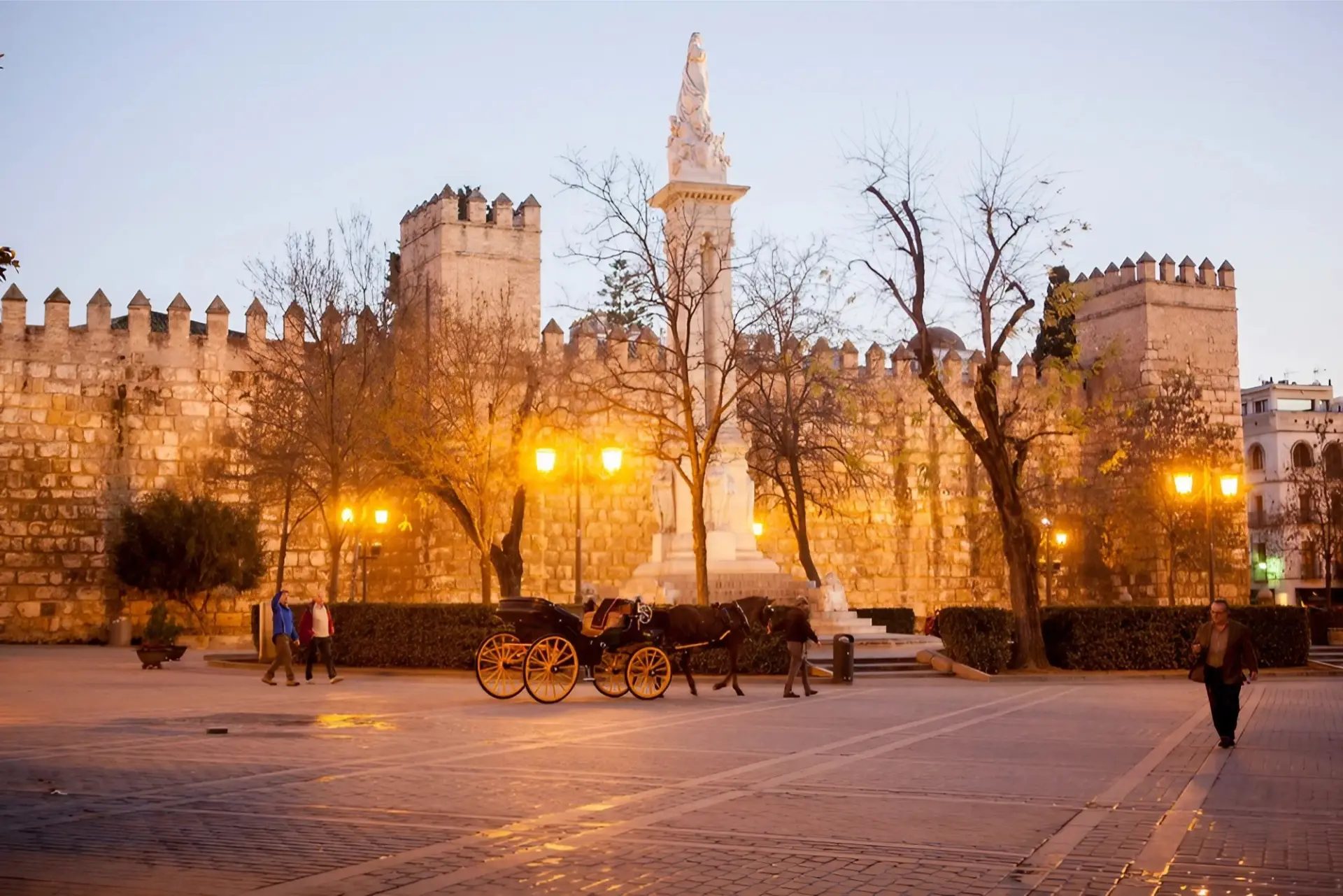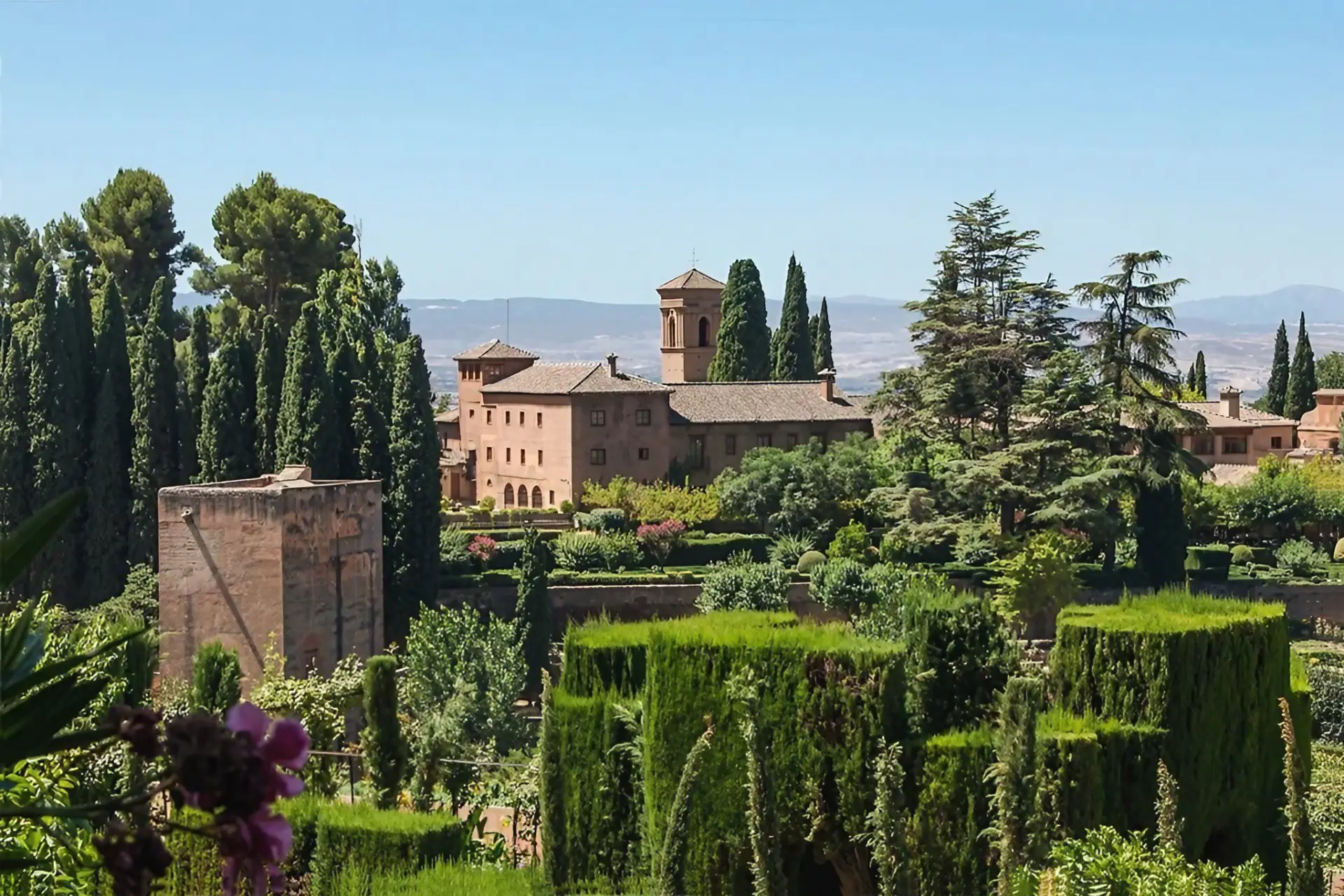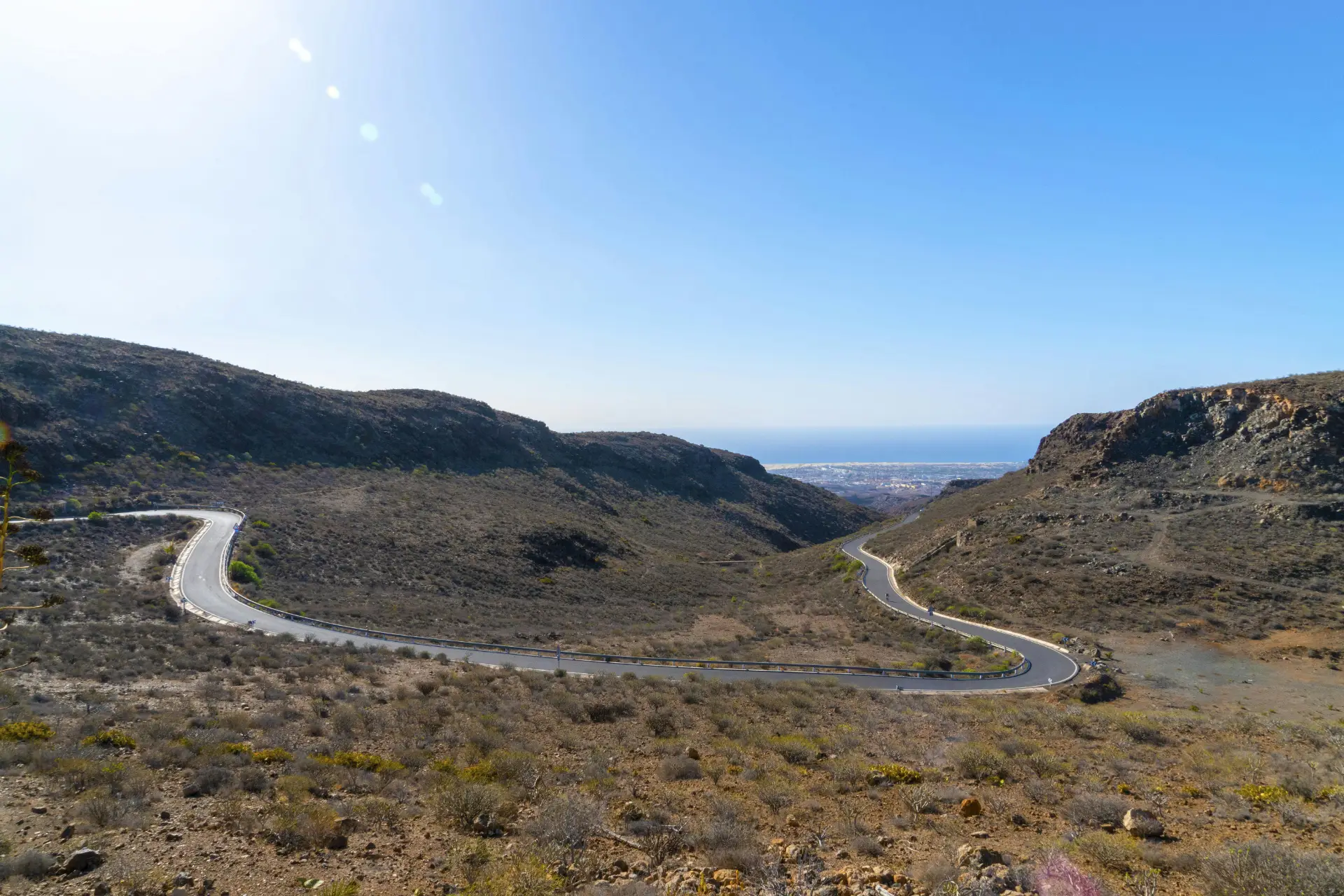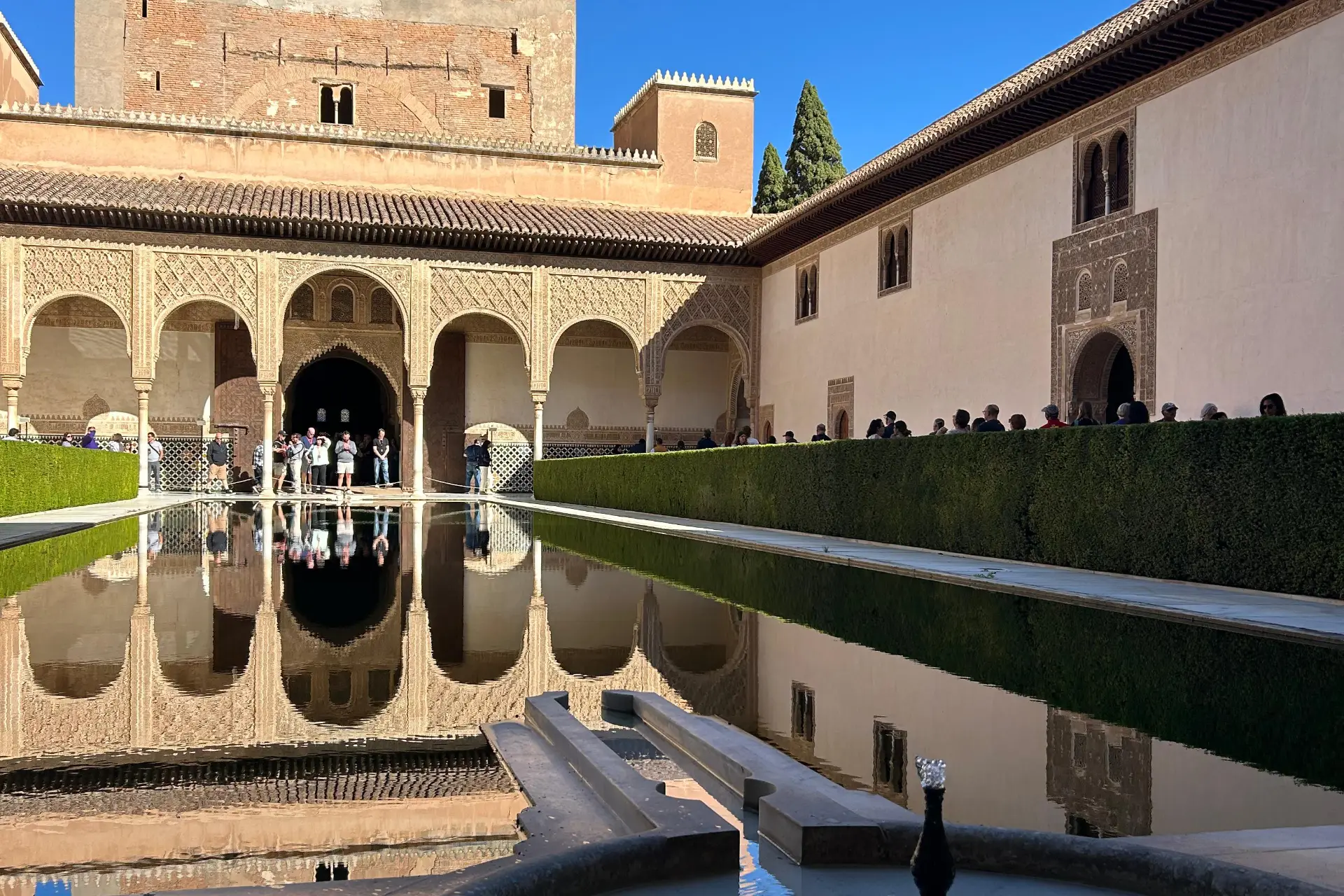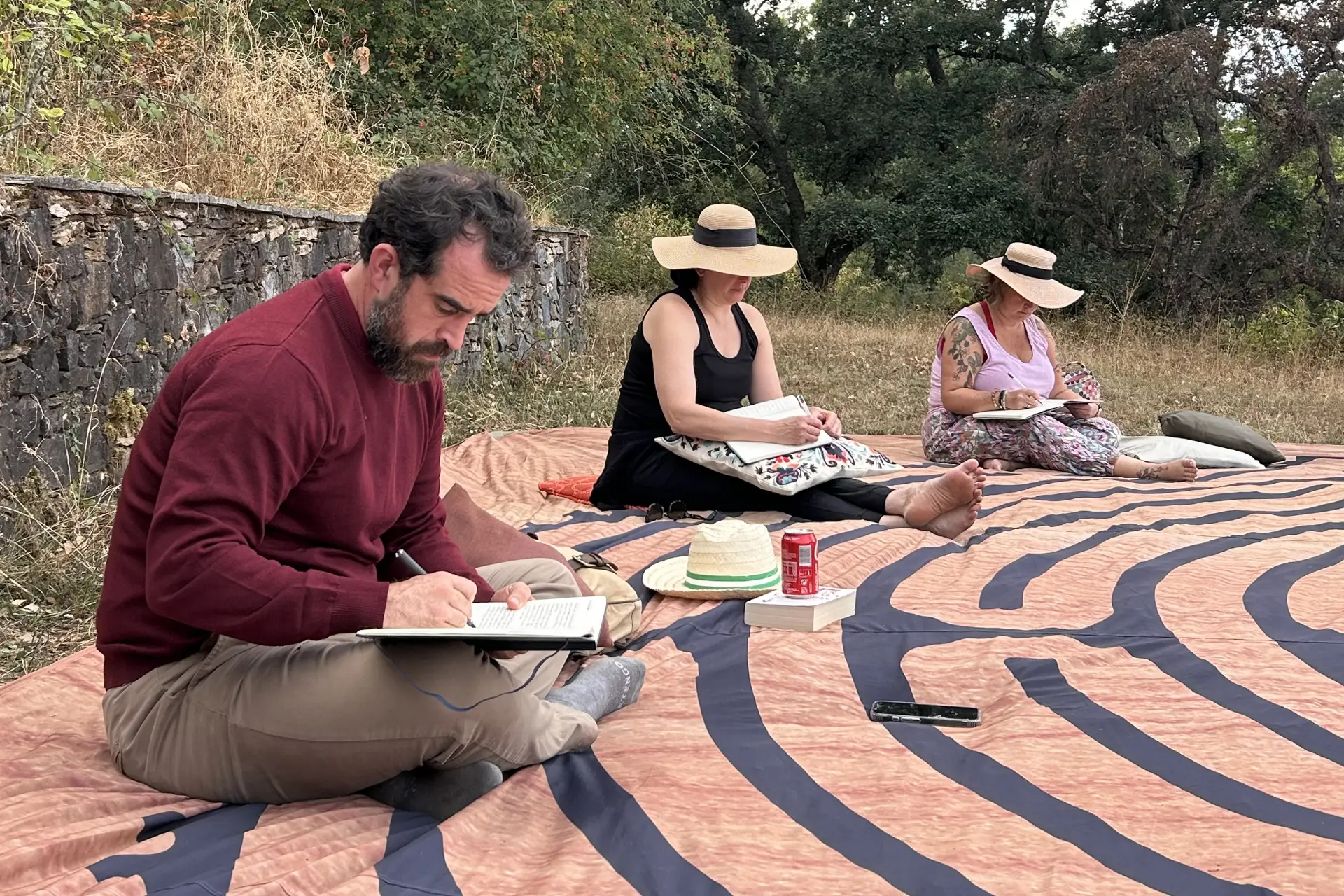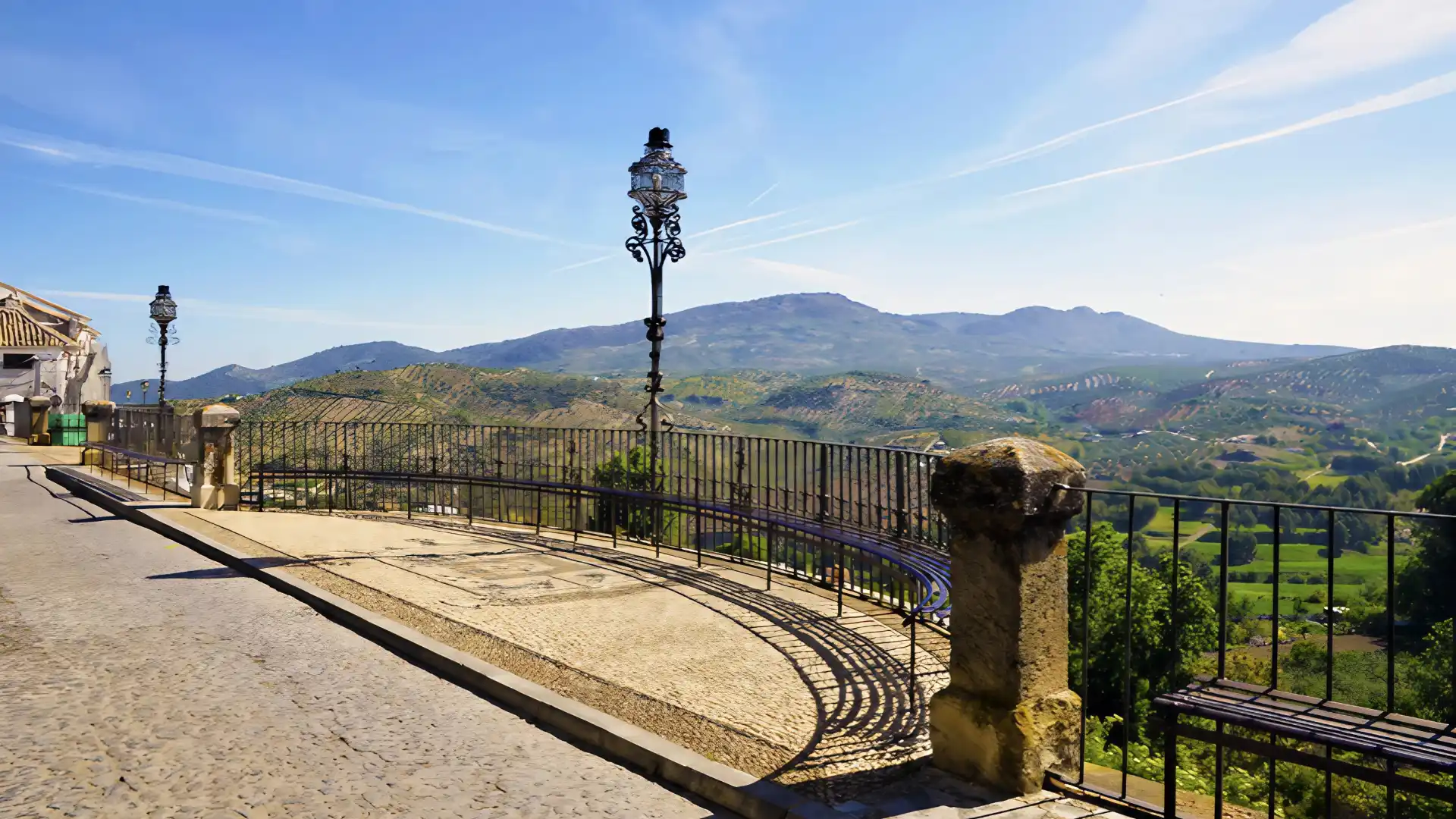
Back in 2017, TOMA & COE published a blog post on some of our favourite books about Spain- ranging from studies on Spanish culture to travel guides and historical texts.
In the three years since the blog went live, we’ve been lucky enough to discover even more fantastic books about Spain which we’re dying to share with you.
So, if you’re stuck at home and daydreaming about your next trip to Spain- we’re here to help!
We’ve updated our list with 10 of our new favourite books about Spain, because, until you can travel again, what better way to experience the magic of a country than by immersing yourself in literature dedicated to describing it?
So settle down with your Amazon account open as we take you through our top picks.
1. Spanish Vignettes, Norman Berdichevsky
The work of New York-born author and university lecturer Norman Berdichevsky, this engaging book serves as a handy guide for all those wishing to understand Spanish culture better, from an insider’s perspective.
Tackling issues such as waning cultural interest in bullfighting and the history of the intense rivalries that exist between some Spanish football teams, the book provides a profound insight into the workings of Spain as a country. The author covers topics as far-ranging as art, music, culture, history, religion and entertainment.
Presented in 34 chapters of accessible prose, the book is a must-read for anyone recently moved to Spain – or even holidaying in the country – in order to better understand what makes the country and its people tick.

2. Homage to Catalonia, George Orwell
Few writers shared an affinity with Spain as profound as that of George Orwell. After originally travelling to the country to report on its Civil War in 1936, he ended up volunteering to fight against the fascists. His experiences of conflict, plus the often mundane day-to-day existence of a soldier, are chronicled in this classic book.
Informative and amusing in turn – this book skillfully encapsulates the realities of war set against the backdrop of a country in turmoil, in Orwell’s characteristically clean and elegant prose.
He writes with exasperated humour of his essentially futile participation in a chaotic war – characterised by miscommunication, disorganisation and confusion – where neither side knows exactly what they are fighting for.
A must-read for Orwell fans or anyone hoping for an insight into the day-to-day realities of life during the Spanish civil war.

3. A Rose For Winter, Laurie Lee
Laurie Lee was just nineteen when his love affair with Spain began. After setting out from his home in the English countryside, he proceeded to spend the next year travelling around Spain on foot. He later detailed his experiences in the iconic 1969 book As I Walked Out One Midsummer Morning.
Fifteen years later he was back, exploring a very different country from the one he had left behind – this time a Spain ravaged by the effects of a brutal and protracted civil war, with many regions now cast into abject poverty.
Lee’s reflections on the post-war Spain he encountered were poured into a series of elegant vignettes in A Rose For Winter – which chronicles his travels around the region of Andalucia with his wife, Kati.
Laurie’s deep affection for Spain shines through as he treats his readers to seductive snapshots of the South – from the opulence of Seville to the haunting beauty of Granada and the gritty charm of seaside town Algeciras.
Lee’s prose is rich and evocative and replete with vibrant descriptions of the country surrounding him. We guarantee you’ll be googling flights for Spain the second you’ve finished this book!

4. Spain, Jan Morris
Despite being written almost 50 years ago, Jan Morris’s guide to Spain still holds up as a lively and enjoyable read for those preparing to travel in Spain.
Jam-packed with razor-sharp insights captured in Morris’s distinctive style, the book focuses on Spain’s diverse and complex history – offering the reader a glimpse into its darker side, cultivated through centuries of wars and monarchy in-fighting.
Morris’s intricate descriptions and flowing prose make locations leap off the page, including famous pueblo blanco Vejer de la Frontera, which is described by the author as “perhaps the most spectacular of all Spanish villages.”
The hardback edition of the text is also beautifully enhanced by watercolours by Cecilia Eales, depicting monuments, architecture and landscapes within Spain.
Short enough to get through in a couple of days, the book is the perfect pre-holiday read. Straddling the genres somewhere between a travel guide and a history book, Spain will provide its reader with a profound insight into a colourful country with a fascinating past.

5. Fiesta: The Sun Also Rises, Ernest Hemingway
Ernest’s Hemingway’s obsession with Spain was no secret, and he wrote extensively about the country during the course of his illustrious literary career.
This slim novel- set over the course of a few sultry summer days in the Northern town of Pamplona- offers a snapshot of Spain at its vibrant best.
The story follows the antics of a dysfunctional group of American expatriates, who travel from their homes in Paris to experience the famous San Fermín festival.
Told through the sparse narration of wounded WW1 soldier Jake, the novel thrums with life – encapsulating the clamour and joy of a Spanish feria– from the famous running of the bulls to the haunting visual spectacle of the bullfight.
Interspersed amongst the taut, sharp dialogue are descriptions of food and drink – not to mention hangovers – so evocative you can almost taste them.
Hemingway’s passion for Spain is clear throughout the novel – which is thought to be largely autobiographical- celebrating the beauty of its landscapes and the vivacity of its people in his restrained yet shimmering prose.
The perfect novel to open while sitting in the sunshine with a cold beer- dive in and prepare to be utterly seduced by Spain.

6. A Stranger in Spain, H.V. Norton
Experiencing a strange and exciting new country as an outsider is a sensation familiar to all keen travellers, and is summed up to great effect in H.V Norton’s book.
He writes of a Spain still relatively unspoilt by tourism – a country of art and music and passion which he explores at a languid pace through the course of the book.
Having said himself that “The stranger who wishes to approach Spain…must do so through its history.”, the author splices through his travelling stories with flashbacks to Spain’s complex historical past and amusing anecdotes containing saints, travellers and royalty, to name but a few.
Through his warm, humourous prose Norton succeeds in expertly weaving Spain’s rich cultural heritage with the beauty of its land – making the book a must-read for anyone looking to live or travel in Spain.

7. The Buenvino Cookbook, Sam and Jeannie Chesterton
Nestled deep in the cork forests of Huelva is rural B&B Finca Buenvino. This idyllic country retreat is run by Sam Chesterton and his talented cook wife Jeannie who offers her pupils an introduction into the art of Spanish cooking during year-round courses.
After 30 years in the culinary game, Jeannie and Sam decided to consolidate their knowledge of Spanish food and how to make it by producing a cookery book filled with their favourite recipes.
The finished result was this: The Finca Buenvino Cookbook, which provides its readers with a chance to recreate the taste of Spain in their very own kitchens.
Amongst the mouthwatering recipes to be found within its pages are Moroccan peppered prawns, Iberian pork fillets with red peppers and Seville orange souffle – all described in clear, easy-to-follow instructions with a particular emphasis on the importance of fresh, high-quality ingredients.
The Finca Buenvino cookbook is vital reading for all the foodies out there wanting to learn more about how to cook Spanish food.

8. Granada: A Pomegranate in the Hand of God, Steven Nightingale
If you’ve ever been to the Andalucian city of Granada, chances are you fell completely in love with it – much like the author of this book.
In 2002, American born Nightingale moved to Granada with his wife and baby daughter. The family bought a crumbling traditional townhouse- known as a carmen – in the narrow streets of the famous Albaicin neighbourhood. It was from here that the writer set about trying to understand his newly adopted home town in greater detail.
As Nightingale quickly became aware, to comprehend Granada fully one must first acquaint oneself with its history: and what a fascinating history it is.
An emblem of the culture of Al Andalus, Granada was home to Muslims, Jews, and Christians, who lived together in a now-legendary period of cohabitation during the Spanish middle ages.
An in-depth exploration of Granada’s colourful backstory is complemented by Nightingale’s own experiences as a new resident in town – living amongst locals with his wife and daughter.
The Spanish character shines through in heart-warming anecdotes of the generous hospitality he was shown by his new neighbours – who were quick to rally round and offer support.
Essential reading for all those Granada fans out there who want a greater understanding of the city and how it came to be.

9. Lorca: Living in the Theatre, Gwynne Edward
No round-up of books on Spain would be complete without acknowledging the Godfather of Spanish literature himself – legendary playwright and poet Federico García Lorca.
Gywnne Edward’s compelling biography of the Andalucian writer – who was executed by Nationalist forces in 1936, allegedly at Franco’s behest- offers readers an in-depth analysis of the work of one of Spain’s most treasured artists.
The book explores in detail themes of each one of Lorca’s plays, within the context of the tumultuous cultural and political factors at play in 1920s and 1930s Spain.
In an attempt to equip her reader with a more profound understanding of Lorca’s theatre, Edwards delves into the playwright’s social circle- throwing light on his friendships with fellow artists such as Dali and Bunuel, while also examining the performances of his plays and their critical reception, both before and after his untimely death.
A highly recommended read for all those wishing to discover more about the life and work of this hugely talented playwright.

10. The Life and Death of the Spanish Republic, Henry Buckley
In order to better comprehend contemporary Spanish society and politics, an understanding of the Civil War is essential – and few accounts are more detailed or evocative than that proffered by British journalist Henry Buckley in The Life and Death of the Spanish Republic.
Originally published in 1940, the book chronicles Buckley’s eyewitness accounts of the Spanish Civil war, as seen while working as a War Correspondent for the Daily Telegraph.
Buckley writes compellingly of his arrival in Spain prior to the outbreak of war, and proceeds to detail his experiences after the conflict commenced – tracing the arc of the Second Republic, from its foundation of 14 April 1931 to its defeat at the end of March 1939.
This comprehensive exploration of one of the most important events in Spanish history is a fascinating read for anyone hoping to gain a deeper understanding of the Spanish civil war and why it happened.





